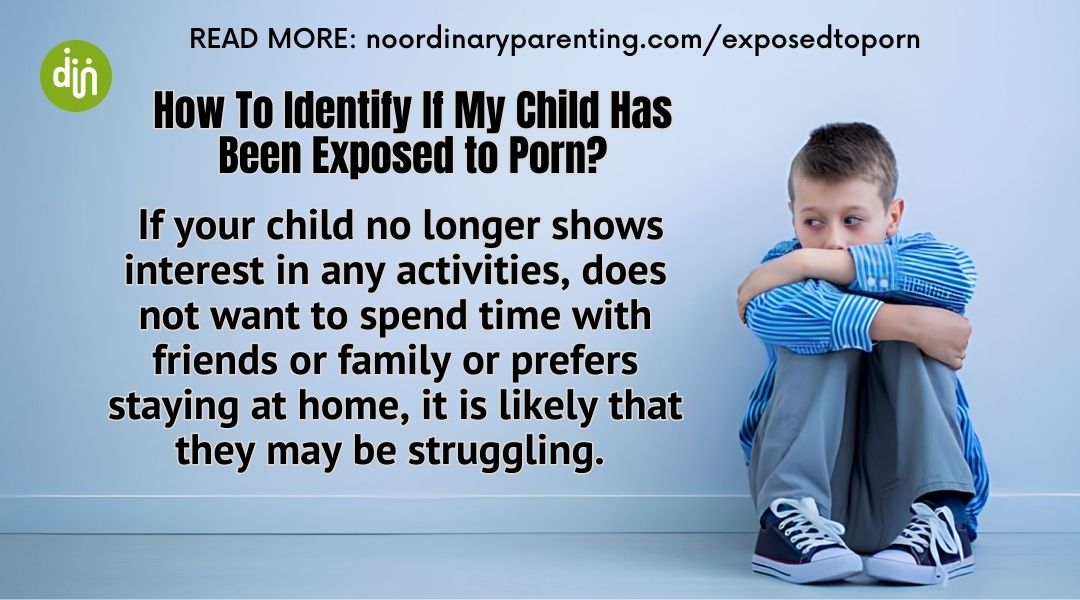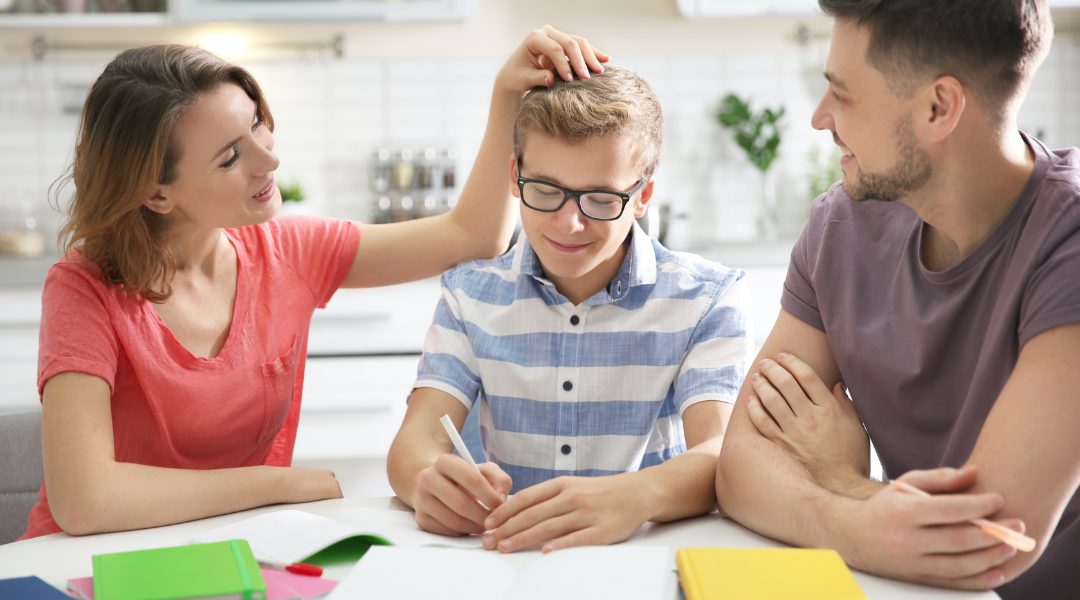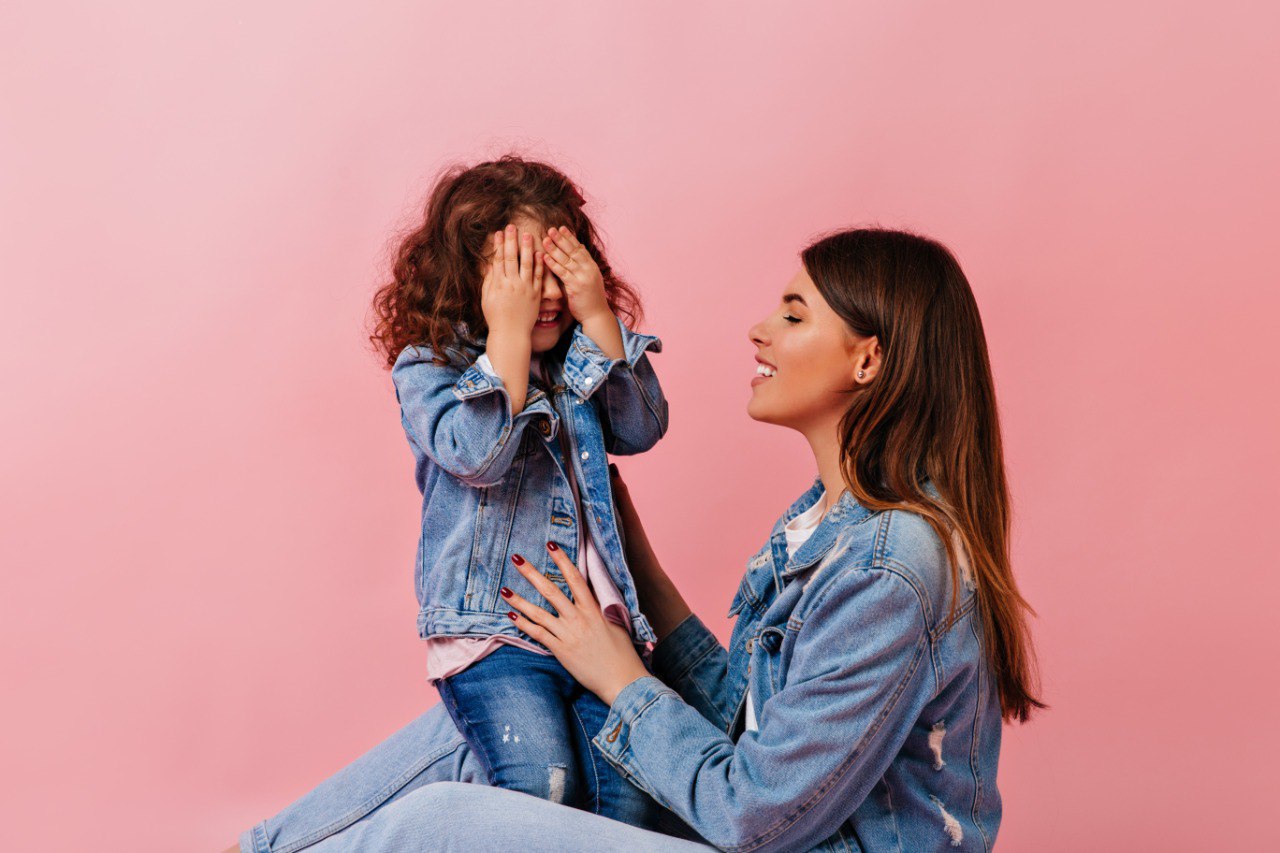How To Identify If My Child Has Been Exposed to Porn?

Any child that has access to internet including video games, apps, e-readers, at any age is vulnerable to pornographic content. As parents, we need to protect our children from the filth of the world. If however your child has accidently got exposed to porn, the earlier you are able to identify their behavioural changes and help them, the more you are able to mitigate the dangers of this vile.
Here are a few signs that can help:
1. Mood changes:
Your child is suddenly acting moody (like irritable, feeling unworthy, angry or losing temper).
2. Increased Secrecy:
You will notice your child spending more time than usual in the bathroom or in a locked room. Also, the screen time at odd overs have increased.
Porn comes with guilt and shame, so children try to avoid conversations or eye contact and tend to isolate themselves from everyone.
3. Disinterest in activities, friends and family:
If your child no longer shows interest in any activities, does not want to spend time with friends or family or prefers staying at home, it is likely that they may be struggling.
4. Explicit Language and Drawings:
Children addicted to pornography will often use sexually explicit language and write about or draw sexual themes. The addiction causes sex and bodies to be on their mind much more frequently, and as a result, will infiltrate their actions.
5. Sexually acting out:
This can be identified if you notice a child imitating sexual intercourse with toys, pets, or other children. They may put objects in sexual body parts and play games in which they look at or touch one another’s private parts. Ideally they start getting curious about nudity.
There are more signs to identify the addiction, however these are the most common ones. If you feel that there is a slight possibility of your child being exposed to porn, do not ignore it just approach the conversation with a lot of grace and love.
The last thing you would want to do to is to approach this issue in a manner that makes the child feel abnormal or shameful. As parents, we need to try our best to make our home a place where the child is comfortable to share anything with us. Our children need to know that we love them and we are for them!
Sheryl Gadre @ NoOrdinaryParenting







